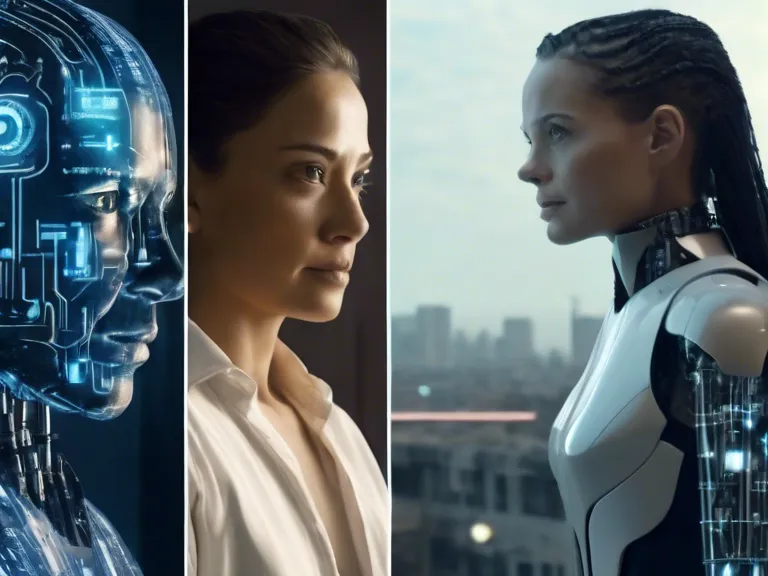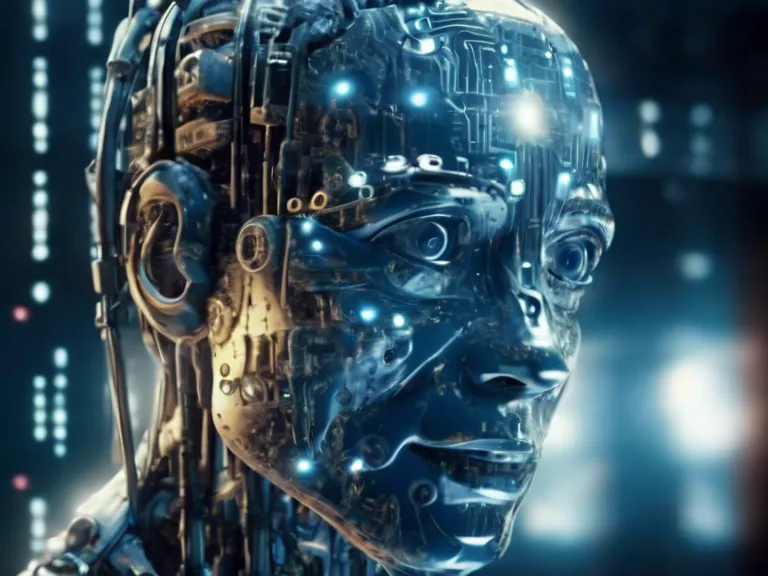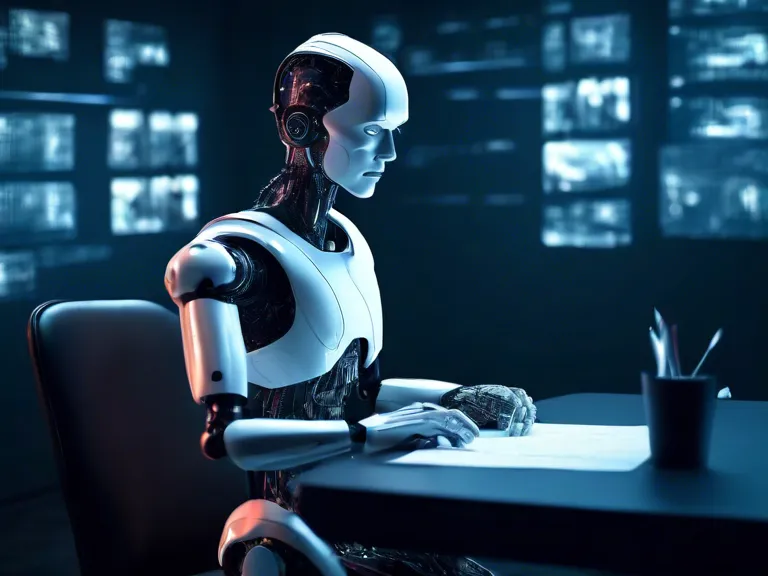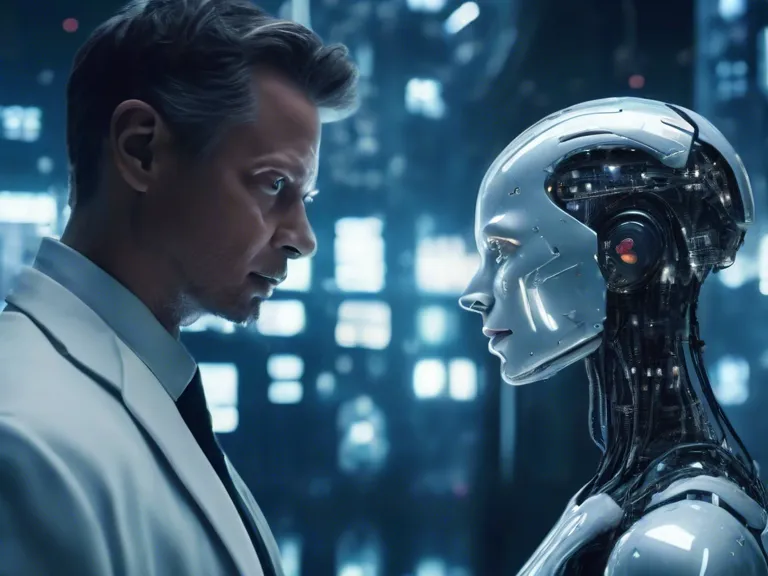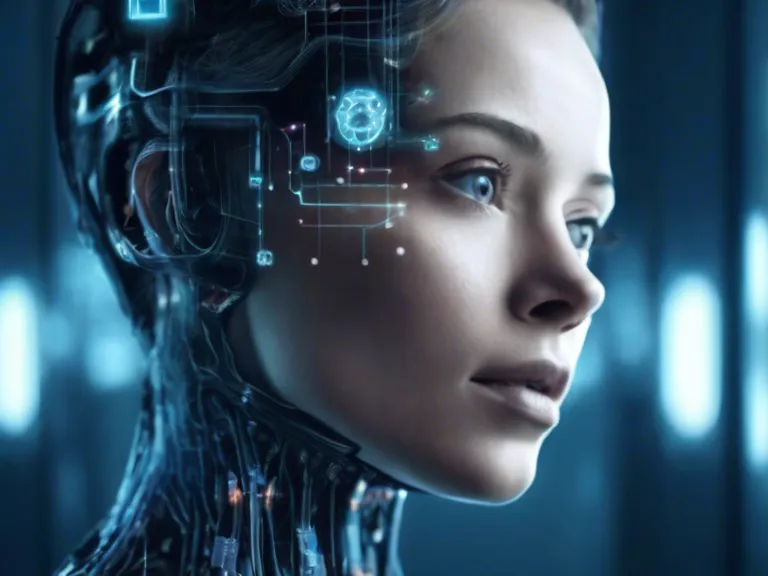
In the age of artificial intelligence, storytelling in cinema has evolved to incorporate new technology that enhances the creative process. AI (Artificial Intelligence) is changing the way stories are told, from scriptwriting to post-production. This article will explore the role of AI in modern storytelling and its impact on the film industry.
AI has revolutionized the art of scriptwriting by analyzing millions of scripts to identify patterns and trends in storytelling. This technology can generate scripts based on these insights, helping filmmakers create compelling narratives that resonate with audiences. AI can also be used to analyze audience feedback and preferences, allowing filmmakers to tailor their stories to meet the demands of viewers.
In addition to scriptwriting, AI is also playing a crucial role in the editing and post-production process. AI-powered software can analyze hours of footage to identify the best takes, angles, and edits, helping filmmakers save time and resources. This technology can also enhance visual effects, sound design, and color grading, giving filmmakers more creative control over the final product.
Furthermore, AI is being used to personalize the viewing experience for audiences. Streaming platforms like Netflix and Amazon Prime use AI algorithms to recommend movies and TV shows based on user preferences, viewing history, and demographic information. This personalized approach to storytelling allows filmmakers to reach a wider audience and tailor their content to individual tastes.
Overall, AI is revolutionizing storytelling in cinema by providing filmmakers with new tools and techniques to enhance the creative process. From scriptwriting to post-production, AI is helping filmmakers tell more engaging and impactful stories that resonate with audiences. As technology continues to advance, the role of AI in modern storytelling will only continue to grow.
